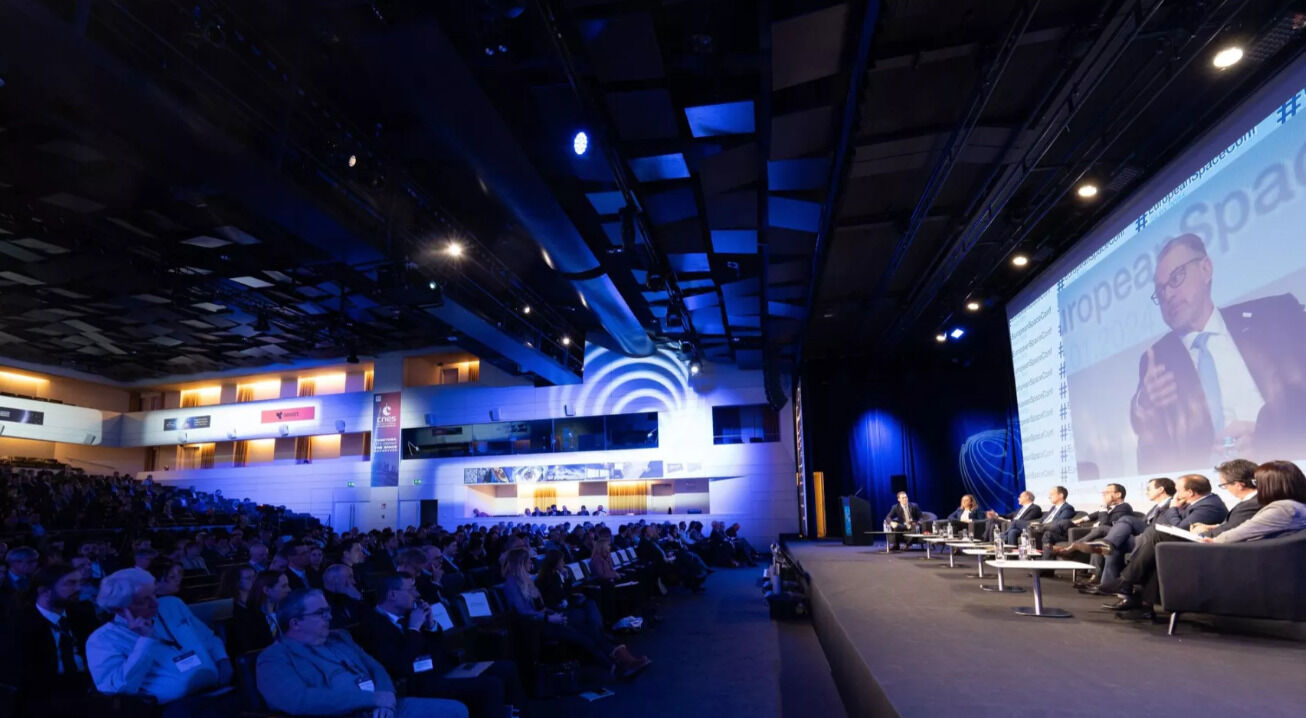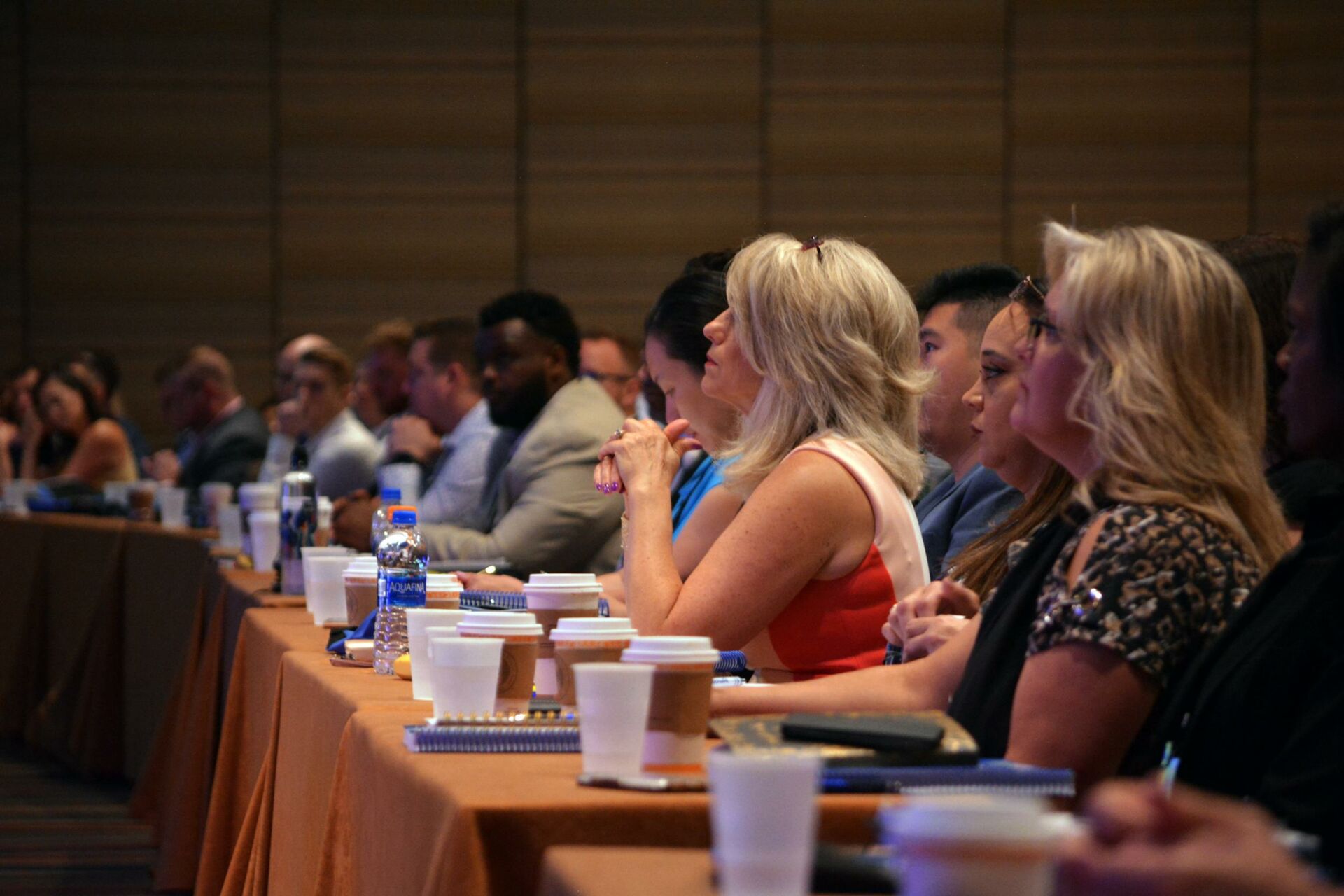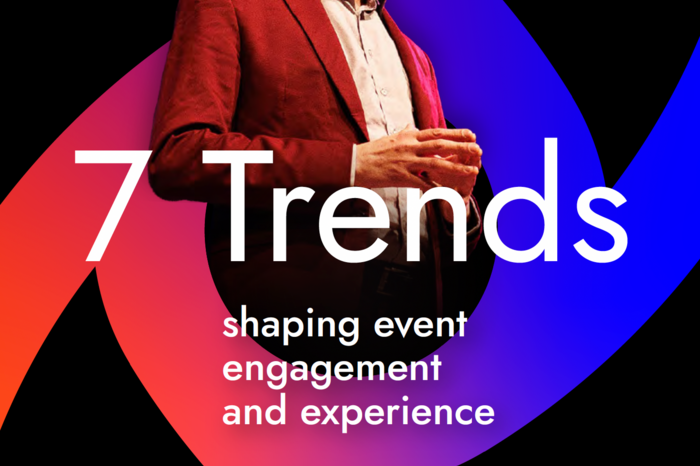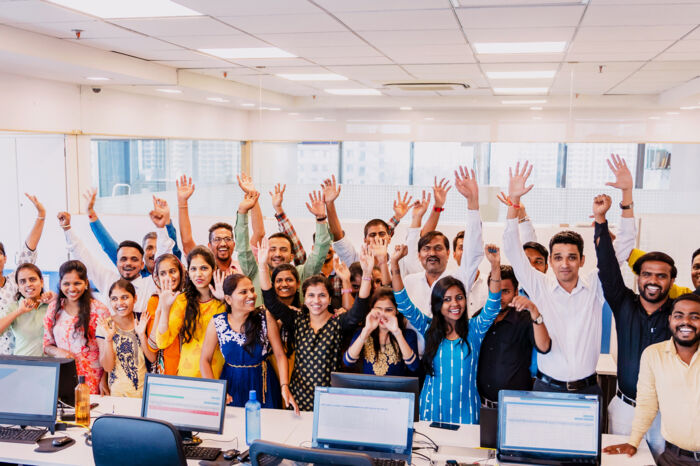
Data-driven personalisation
The minimum that people expect at conferences these days is that they leave feeling like they’ve had a personal connection with what’s covered. Furthermore, the only way to make everyone feel that way is to offer content that’s super-personalised and that ‘speaks’ to every attendee. This is made possible with a data-driven approach.
Conference planning experts are able to obtain this data from the myriad of touchpoints that attendees have through the event, such as during:
- Activity engagement
- Event registration
- Session attendance
- Feedback surveys
A vast amount of data can be generated during an event, and it represents a goldmine of insight that event organisers can use to create super-customised experiences that leave a lasting impact on attendees for all the right reasons.
It’s important to note that personalisation during conference planning extends far beyond ensuring that people are addressed by name. It also involves the curation of content that’s in line with their preferences and interests to the point that it piques their interest and gets them fully engaged with everything that’s going on around them.
AI can adjust conference content in real time
Demonstrating how broad the applications for AI are, it can initially be used to generate conference planning ideas based on previous events, as well as adjust schedules and content in real time. This amplifies the overall value of your conference, resulting in more meaningful connections and increased attendee retention rates.
The demand for tailored experiences is only going to grow as we move through this year, meaning that it’s something that event planners should not overlook.
Real-time engagement and feedback
Digging a little further into how this valuable data is generated, our next trend for conference planning this year is how it's gathered. Naturally, AI again features heavily, as do live polling and instant messaging platforms for interaction, such as interactive Q&A sessions.
These popular tools empower event managers to speak directly with those at their conferences in real time for a two-way conversation that can literally shape the flow of proceedings. For instance, presentations can be guided with live polls so that the audience gets exactly what it wants to experience right there, in the moment.
Touchless technology
RFID (Radio Frequency Identification) and NFC (Near Field Communication) technologies are far from being what you might call innovations, with each invented in 1973 and 2002, respectively. However, their use in conference planning is on trend for 2024, as they allow for contactless interactions and a much smoother experience for all.
Combined with QR codes, this group of touchless technologies have come to the fore partially due to considerations that needed to be made during the pandemic. However, they bring with them a number of other advantages to conference planning inthe post-COVID world.
- Cost-effective and sustainable - QR codes represent a very low-cost (often free) method that can be used to make it easy and swift for attendees to gain entry to your event with a smartphone. Moreover, it negates the need to print paper tickets, greatly reducing your conference's carbon footprint.
- Secure and rapid event access - When you provide RFID bracelets for event-goers, you allow them to check in instantaneously, which naturally reduces or completely eliminates waiting times. This highly secure system also ensures that only invited people are allowed in.
- Social media engagement - Whether running an in-person or hybrid event, engagement on social media can significantly boost its reach and impact. NFC bracelets can be programmed to allow social media details to be exchanged between attendees, as well as automatically post status updates and spread awareness.
The wide array of applications for touchless technology of this kind is so broad that it would provide enough subject matter for a new article. Interactive competitions, photo-sharing, digital handouts, and event navigation are just a few more on a long and varied list.
Do you need expert conference planning assistance for your event? We're ready to help
No matter your reason for holding a conference, it's important that it generates interest and offers a memorable experience that encourages attendees to come back when you hold it again. As such, following these conference planning trends can transform your event from one that’s easily forgettable to an occasion that everyone is talking about.
That’s why it’s important that you choose the right event management company, and at MCI, we have unsurpassed expertise and experience in this arena. We work with the biggest names in business and deliver the buzz that puts a brand front of mind and leads to long-term relationships with out clients.
So, if you're interested in knowing more about our event management skills and know-how, all you need to do is spend a little time browsing around our website. There you’ll find many example of our past work and our complete range of services.
Alternatively, if you'd like to get talking to our team right away, just get in touch with us by entering your details onto our contact page and we’ll respond as soon as we can.




